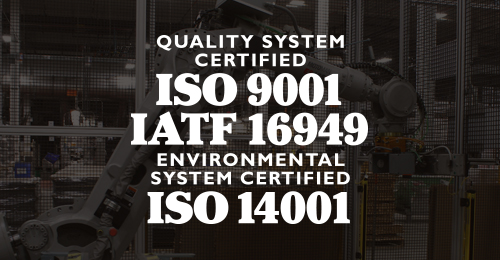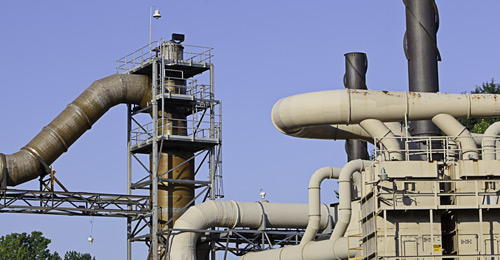Datacenter Marketplace: Sustainable. Economical. Peak Performance.
There is a real need in the data center marketplace for a line of quality high-rate batteries that are sustainable and economical while providing peak performance and life. Seeing that need, East Penn Manufacturing created the Deka HRC product line with three key design features for high-rate critical power applications. Those key features are Engineered Alloys, Compu-Press Grids, and Hydro Formation. Part 2 of a 3-part series…
What are Compu-Press Grids?
Compu-Press is an exclusive process that produces an optimized battery grid ideal for high-rate applications. The core of this proven process is rolling metal to enhance its strength beyond its original state. Compu-Press casts a thick, continuous solid sheet of engineered alloyed lead, and rolls it under multiple stages of extreme pressure, and compresses that sheet down to a computer-controlled optimally designed thickness. Once compressed, it is ultimately perforated into a highly compacted, robust grid. It is like a cold-rolled steel process, which is used for more technically precise applications. In terms of physical characteristics, cold-rolled steels are typically harder and stronger than standard hot-rolled steels. As the metal is shaped at the lower temperatures, the steel’s hardness, resistance against tension breaking, and resistance against deformation is increased.
East Penn’s exclusive Compu-Press process, in combination with our engineered alloy formula, produces the highest quality grids, featuring an excellent combination of mechanical properties such as improved tensile strength, shear strength, toughness, and hardness. Compared to pure lead/TPPL, lead alloyed with high tin, and low calcium is over 390% stronger in Ultimate Tensile Strength. This increased strength helps prevent active material shedding.
The Compu-Press process changes the original materials’ morphology into a homogenous grain structure, solidifying it for high-rate performance rigors. A finished Compu-Press grid creates an elongated grain structure with a visual appearance of layers of armor. The outer layers limit the electrolytes path to the grid’s outer surface, protecting the grid’s inner layers and core. Should corrosion affect the outer layer, there are multiple layers of protection still in place.
As with any lead battery, corrosion of the grid by the electrolyte occurs along the grain boundary edges. With its horizontal layers of armor, any pathways for the electrolyte to penetrate the Compu-Press grid grain boundary edges are akin to a labyrinth, making it virtually impassable.
East Penn has over a decade of expertise and has produced over 256 million batteries utilizing the Compu-Press process. The results from this process have significantly exceeded the company’s performance expectations.
You can read our new HRC Whitepaper here: Whitepaper
Contact us for more information:
E-mail: reservepowersales@dekabatteries.com
Phone: 610.682.3263

